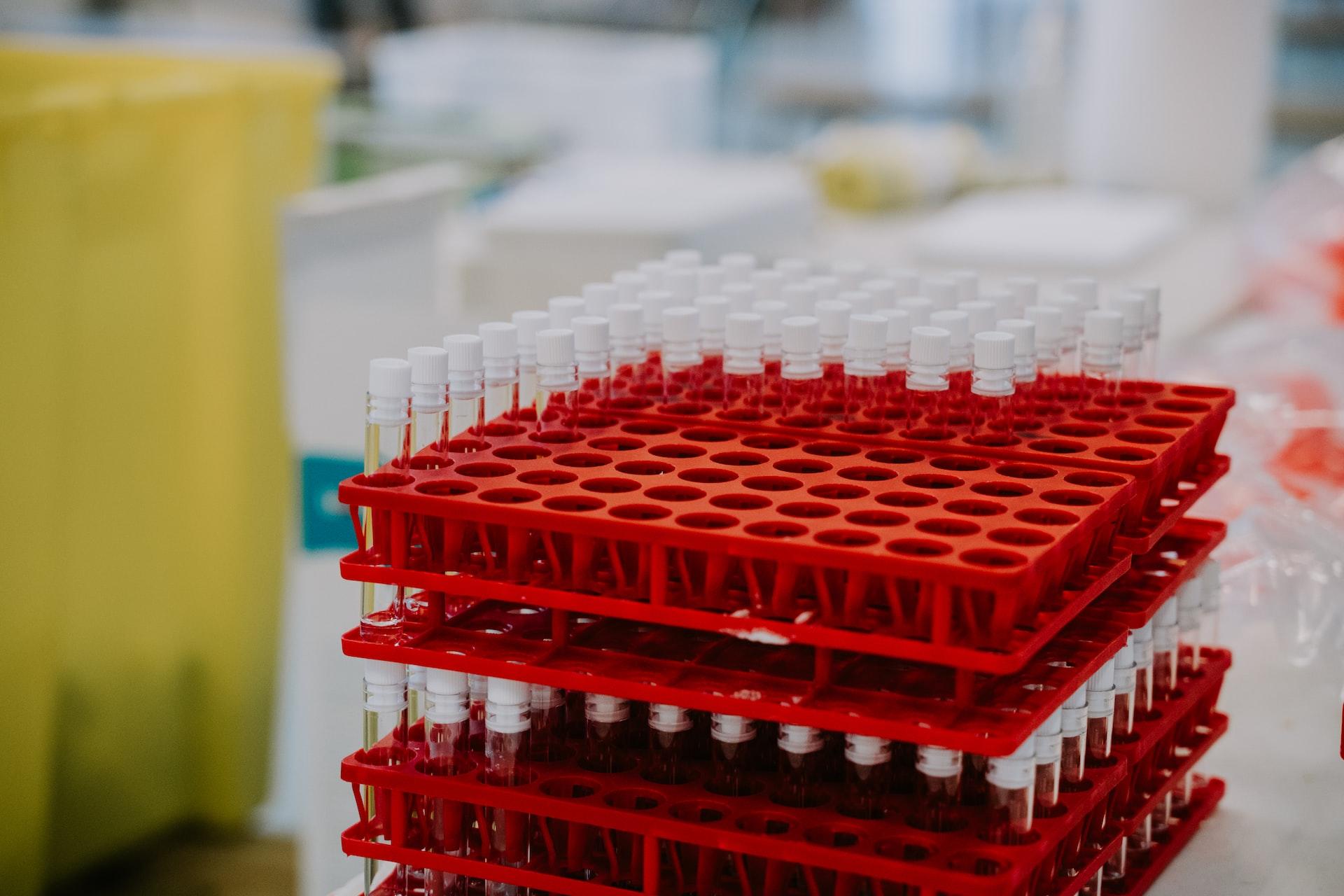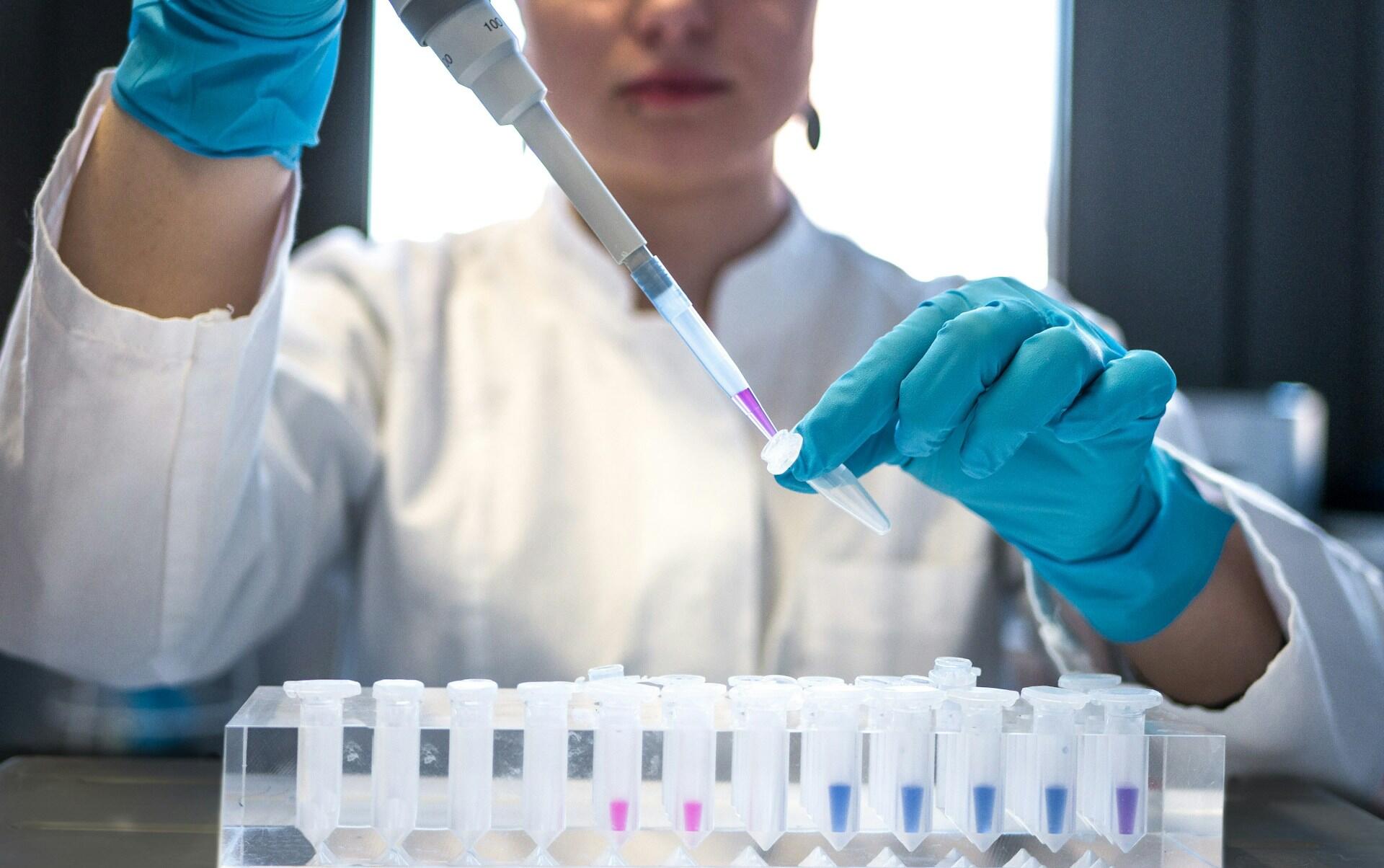As you can imagine, medicinal chemistry is the discipline that uses chemistry for medicinal, preventative, or curative purposes. It's also known as pharmaceutical chemistry, which may give you a better idea of what it's all about.
Medicinal chemistry is mostly involved with the design of pharmaceutical drugs and medicines. Put simply, somebody working as a medicinal or pharmaceutical chemist will probably be involved in studying what certain chemicals do in a medical sense and creating medicines and pharmaceutical products using them.
To better understand what medicinal chemistry is, let's see what it entails, the kind of work medicinal chemists can do, where you can study medicinal chemistry, and whether or not it's difficult. You can also look for local support through a chemistry tutor near me.

What Does Medicinal Chemistry Involve
In medicinal chemistry, researchers look for ways to use chemical compounds to synthesize medicines and produce pharmaceutical products.

Medicinal chemistry initially spent a lot of time looking at the compounds found in plants and attempting to isolate them for use in medicine. This still happens, but medicinal chemists also look to synthetic compounds.
Their objectives are pretty much always to find or synthesize chemical compounds and chemical agents that work in certain ways to cure, prevent, or treat illnesses and conditions so that they can be used in the production of drugs.
Likely, medicinal chemists won't work on their own and they'll often need to collaborate with chemists, biologists, pharmacologists, toxicologists, and lots of other scientists before they can go from discovering or isolating chemical compounds and developing and testing the drugs they'll be used in. For extra study help in specific areas, consider finding a chemistry tutor near me.
It's not always just about developing new drugs, though. Medicinal chemists can also work with preexisting drugs and treatments to optimize or improve them.
Medicinal chemists spend a lot of time looking at the structure of chemicals and even designing the structure, making it a fascinating field for those interested in chemistry, biology, healthcare, or even those with a bit of a creative flair.
How Do You Become a Medicinal Chemist?
Firstly, to become a medicinal chemist, you'll need to study chemistry and organic chemistry, in particular. Certain schools offer fairly direct tracks to becoming a medicinal chemist, but others may provide you with enough classes and courses in the right fields so that you can specialize in medicinal chemistry after your bachelor's degree.

Common undergraduate degrees include chemistry, organic chemistry, chemical engineering, and biological chemistry. It should also be noted that most medicinal chemists require postgraduate study including a master's degree or a Ph.D.
You can't become a chemist with just a high school degree or GED, you have to have at least your undergraduate degree and it's estimated that around 60% of medicinal chemists do.

Which Are the Best Schools for Medicinal Chemistry?
If you're considering a career in medicinal chemistry, you'll have to get an education in it. Fortunately for you, there are many great schools across the country offering medicinal chemistry qualifications and pathways.
These few come highly recommended for medicinal chemistry and are certainly worth checking out.
- Massachusetts College of Pharmacy and Health Sciences
- Purdue University
- University of California - San Francisco
- University of Illinois Chicago
- University of Iowa
- University of Michigan
- University of Minnesota
- University of Nebraska Medical Center
- Saint Joseph's University
- University of Washington
Of course, these are just schools that come highly rated for medicinal chemistry and while this is something important to consider when applying to schools, you'll want to also consider where the school is, the cost of living there, campus life, extracurricular activities, etc.
Some of the Other Jobs Medicinal Chemists Can Do
Even though medicinal chemistry is quite a specific career path, there are still quite a few different roles that you can do once you've qualified that may or may not be directly related to medicinal chemistry.
After all, by studying medicinal chemistry, you'll gain a lot of useful skills and an understanding of chemistry and biology, too.
Chemist
At the end of the day, a medicinal chemist is a chemist, which means you can work as one. Keep in mind that if you don't feel like using your knowledge of chemistry to develop pharmaceutical products, you can still become a chemist.
This is worth keeping in mind if you come across a job in chemistry that you find more interesting or lucrative than medicinal chemistry.
Environmental Scientist
As an environmental scientist, your job would be to protect the environment. Your job would be to research environmental issues and develop plans based on your findings to better protect the environment.
Environmental scientists often work with government agencies, NGOs, research organizations, and anyone that could be involved in environmental policies.
Forensic Chemist
Forensic chemists help to solve crimes by using their understanding of chemistry and problem-solving skills. They mostly analyze chemical evidence found at crime scenes and present their findings to the relevant authorities for use in criminal cases.
Forensic chemists usually work in crime labs, police departments, or private forensic labs.
Industrial Hygienist
An industrial hygienist's job is to ensure that industrial workers are safe from chemical hazards. Your understanding of chemicals and how they interact with the human body will be imperative here as you assess risks, develop and implement the protocols for ensuring everybody is as safe as they can be, and also offer training to staff members.
Materials Scientist
As the name suggests, a material scientist is interested in materials and how they work. In the same way that a medicinal chemist will look at how chemical compounds work in a biological setting such as the human body, material scientists look at how chemical compounds and structures work in a material sense.
Generally, material scientists work to develop new or better metals, ceramics, polymers, or composites or conduct research on existing ones.
Of course, these aren't the only jobs that medicinal chemists can do. Find out more about these ones and several others in our article dedicated to jobs for medicinal chemists.
How Difficult Is Medicinal Chemistry?
You should know that medicinal chemistry will definitely be as difficult as any other science degree and, in certain ways, even more difficult.

Every undergraduate degree should be at a certain level, after all, and medicinal chemistry is no different. Naturally, an undergraduate degree is a higher level than high school so the amount of work, level, and requirements should be more difficult than what you experienced in high school.
Similarly, a master's degree should be more demanding than your undergraduate degree and your Ph.D. more difficult than your master's. Put simply, the difficulty should scale with the qualification that you're doing.
Securing the guidance of a dedicated and experienced chemistry tutor is akin to unlocking the intricate secrets of chemical reactions, paving the way for a deeper understanding and mastery of the subject matter.
Is Medicinal Chemistry in Demand?
Medicinal chemistry is a difficult line of work to gauge demand as it's very specific and there are a lot of jobs that medicinal chemists can also do.

As with any field, supply and demand play an important role. The higher your education, the rarer you'll be as a candidate and the more in-demand you'll be when applying for roles.
If fewer people have completed a master's degree than an undergraduate degree, your skills and knowledge will be beyond that of undergraduate-level applicants.
While you'll be considered the “supply” in this example, the market itself should be considered the “demand”. One way to look at this is by the size of the market. As with any industry, money is a driving factor. The more money involved in a certain sector, the more people will want to invest in this sector and spend money on employing people to work in the sector.
The good news here is that the outlook for the drug discovery market is very good. The compound annual growth rate (CAGR) of the medicinal chemistry for drug discovery market is 13.5% for 2022 to 2029 so the forecast is good for anyone interested in this field.
There's always the risk that this growth won't last forever, but these figures are promising as they suggest that there's time, even with a postgraduate education being a requirement, of being able to study and become a medicinal chemist during this period of growth as demand in medicinal chemists would be likely to rise. This isn't to say that all growth will stop after 2029, but most experts don't forecast that far into the future.
In terms of demand, all you need to know is that there's current demand, there's healthy demand to be expected this decade, and a medicinal chemist will also be in demand across different fields. Even if the market shrinks in the 2030s, there are still plenty of other fields and careers that will be open to you and your skills.
Summarize with AI:
























